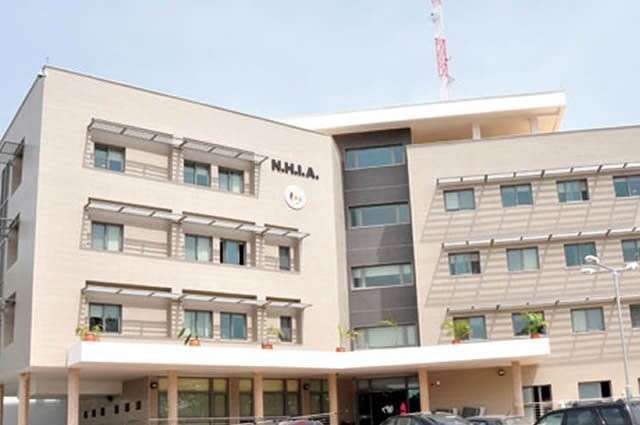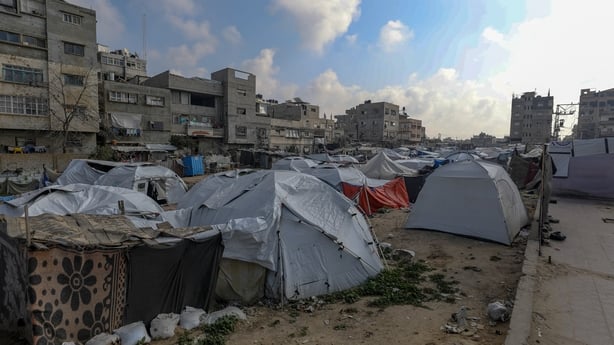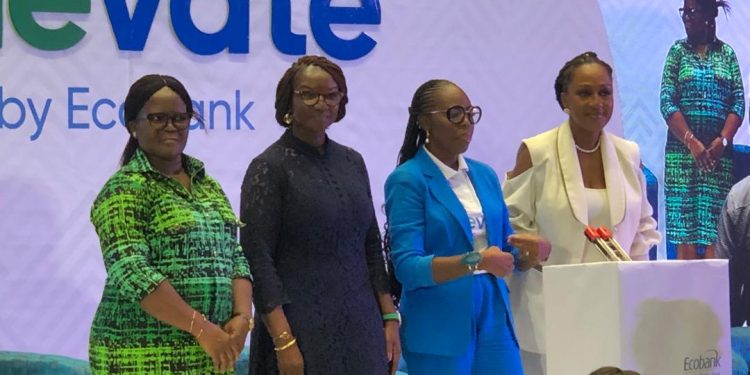The National Health Insurance Authority (NHIA) has upwardly adjusted tariffs for medicines and services covered by the National Health Insurance Scheme (NHIS) effective today, February 1, 2023.
The latest increment was agreed in consultation with the Ministry of Health, the NHIA Governing Board, Executive Management, and other critical stakeholders in the health sector.
This development justifies the NHIA’s crusade against illegal fees (Copayments) charged by some credentialed healthcare service providers for services covered by the NHIS.
A statement issued by the Corporate Affairs Directorate expressed that framework medicines have been increased by 50% plus an additional 30% marginal increase.
According to the statement, non-framework medicines have been reviewed upwards by 20% while service tariffs across board have been increased by 10 percent. It further explained that Artemether Injection 80mg/ml and Levofloxacin Infusion 500mg/ml have been added to the NHIS Medicines List and will immediately be reimbursed by the Scheme.
The NHIA implored all credentialed service providers and the general public to take note of these adjustments activated to correspond to the observed increase in prices of most Active Pharmaceutical Ingredients (API’s).
The last increment of tariffs for medicines and services was done in July 2022, following series of stakeholder engagements.
It will be recalled that the NHIA in August 2022, established a nine-member Copayments Committee to investigate persistent illegal fees charged by some credentialed healthcare service providers at various health facilities.
Copayments Committee by NHIA
As the NHIS major impediment, the NHIA Chief Executive, Dr. Bernard Okoe-Boye, on several occasions served notice that healthcare providers caught in the Copayments deal – where holders of NHIS valid cards are compelled to pay for services and medicines covered by the Scheme at the point of need, would have their licenses revoked.
Dr Okoe-Boye revealed that the Authority was committed to abolish the practice and urged all credentialed healthcare providers to be patriotic.
Prior to this, Dr Okoe-Boye announced in July last year, the upward 2020 increment of medicine and service tariffs for service providers by 30 percent. He indicated the increment, which had been communicated to service providers, would halt co-payment and illegal collection.
Dr Okoe-Boye explained that the last time a review was done was about five years ago, but the scheme realized that the charges were unrealistic so about two years ago, together with stakeholders, a scientific review of the prices was done to reflect current prices.
Using paracetamol as an example, he stated that if the current market price was GHC2 and higher than what the NHIS would pay, the service provider would prescribe the medicine but would not dispense it to the patient to avoid making losses.
A statement issued by the NHIA explained that the review was in accordance with the National Health Insurance Act 852, (Act 2012) . It expressed that the development was done in consultation with the NHIA credentialled healthcare service providers and other critical stakeholders in the health sector.
Per the mandate of the NHIA, the reviews are done periodically following a very rigorous scientific process. The statement noted that a national survey of medicine prices was undertaken using the methodology of the World Health Organization (WHO) and the Health Action International (HAI).
It highlighted that the prices provided were those agreed upon by the NHIA and stakeholders as the reimbursable price for medicines supplied under the scheme, and showed a 30 per cent increment of the data collected.
Additionally, it explained that the NHIA Board commissioned a multi-stakeholder team to conduct a costing exercise of healthcare services that would inform the next service tariff review and that the output of the costing exercise was used to determine reviewed tariff rates.
READ ALSO: There’s No Ministry Overseeing Agenda 111 Project- Akandoh




















